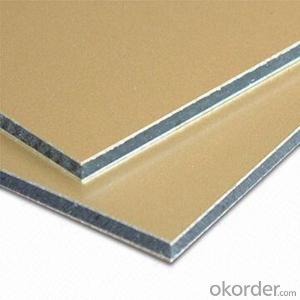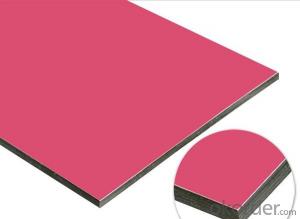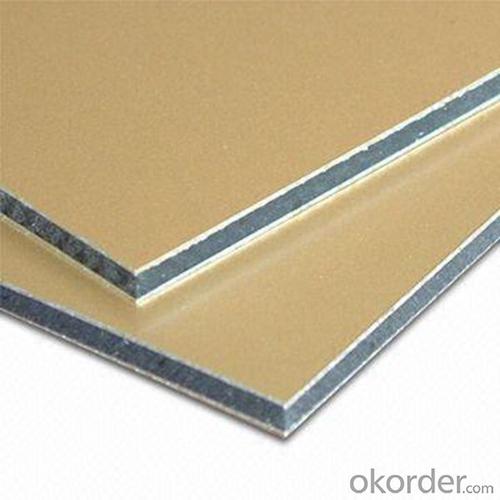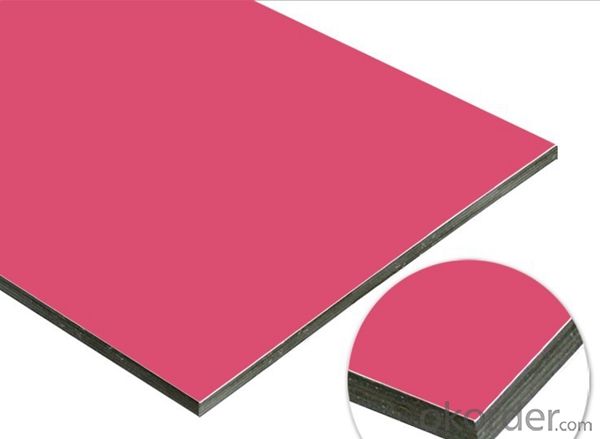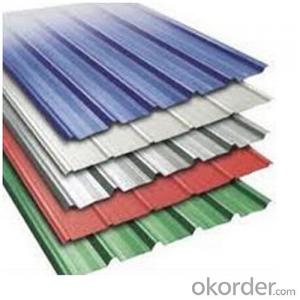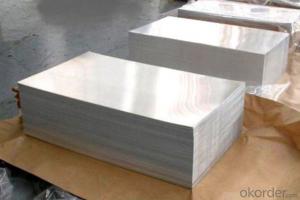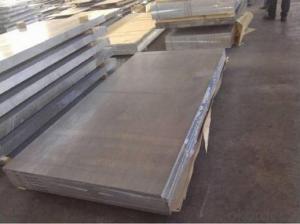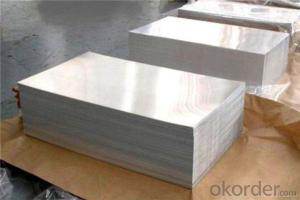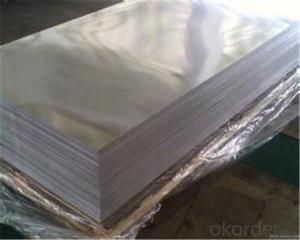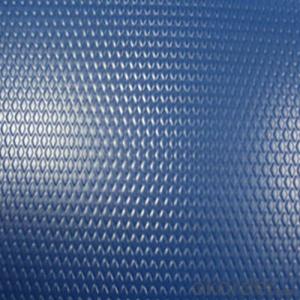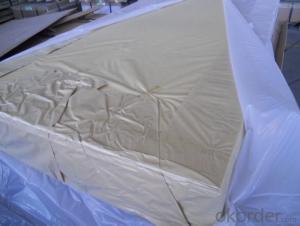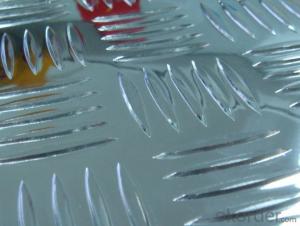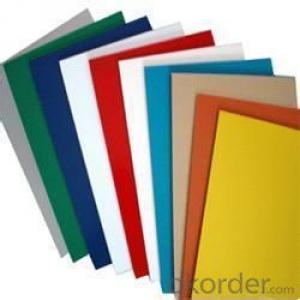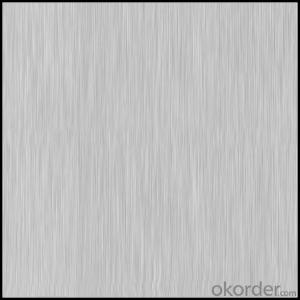Aluminum Sheets in Massachusetts - Color Coating Aluminum Sheets All Colors with Good Quality
- Loading Port:
- Shanghai
- Payment Terms:
- TT OR LC
- Min Order Qty:
- 5 m.t.
- Supply Capability:
- 10000 m.t./month
OKorder Service Pledge
OKorder Financial Service
You Might Also Like
Specification
1. Specification of Color Coating Aluminium Sheets All Colors with Good Quality
ALLOY | AA1050 AA1060 AA1070 AA1100 ETC AA3003 AA3004 AA3005 AA3104 AA3105 ETC AA5005 AA5052 AA5083 AA5754 ETC AA8011 AA8006 AA8079 ETC |
TEMPER | H14,H16,H18,H22,H24,H26,H32,O/F |
THICKNESS | ≥0.2MM |
WIDTH | 30mm-2100mm |
COIL WGT | 2Mt - 3Mt |
COIL ID | φ508mm,φ610mm |
SURFACE | PE Protecting film |
STANDARD | GB/T 3880-2006 |
2. Application of Color Coating Aluminium Sheets All Colors with Good Quality
(1).Interior: wall cladding, ceilings, bathrooms, kitchens and balconies, shutters, doors...
(2).Exterior: wall cladding, facades, roofing, canopies, tunnels,column covers , renovations...
(3).Advertisement: display platforms, signboards, fascia, shop fronts...
3. Feature of Color Coating Aluminium Sheets All Colors with Good Quality
Surfact Quality :
Be free from Oil Stain, Dent, Inclusion, Scratches, Stain, Oxide Dicoloration, Breaks, Corrosion, Roll Marks, Dirt Streaks and other defect which will interfere with use,
Mechenical Property:
Chemical Composite and Mechanical Property
4. Certificate:
SGS and ROHS(if client request, paid by client), MTC(plant provided), Certificate of Origin(FORM A, FORM E, CO), Bureau Veritas and SGS (if client request, paid by client), CIQS certificate
5. Image of Color Coating Aluminium Sheets All Colors with Good Quality
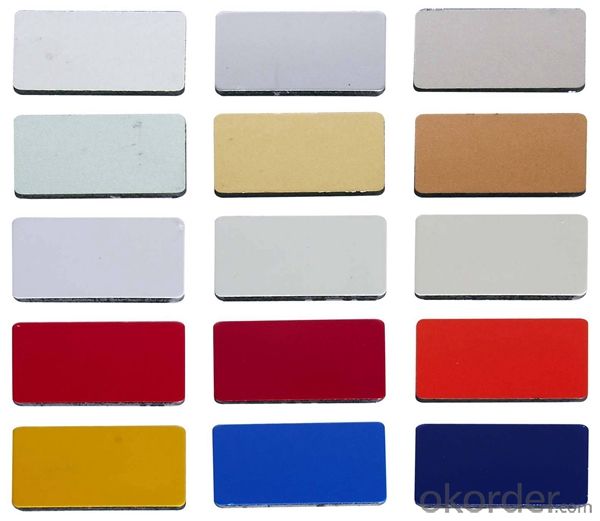
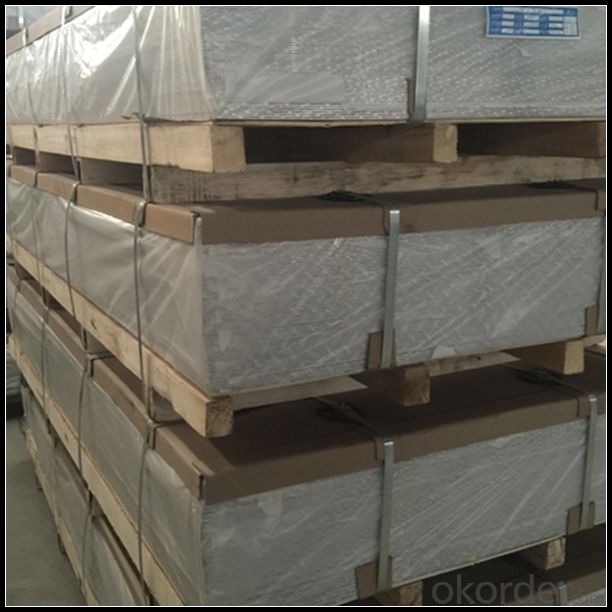
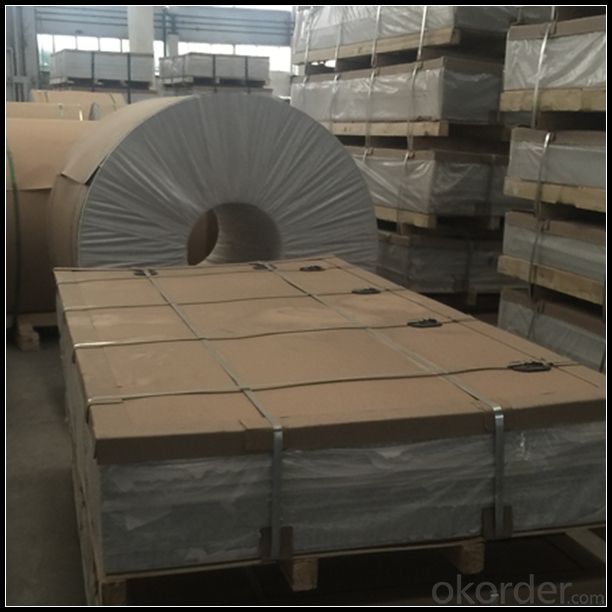
6. Package and shipping of Color Coating Aluminium Sheets All Colors with Good Quality
First, plastic cloth with drying agent inside; Second, Pearl Wool ; Third, wooden cases with dry agent , fumigation wooden pallets, aluminum surface could cover blue PVC film
- Q: What is the hardness rating of 101 aluminum sheets?
- The hardness rating of 101 aluminum sheets can vary, depending on the specific alloy and temper.
- Q: Are the aluminum sheets suitable for manufacturing lightweight structures?
- Yes, aluminum sheets are highly suitable for manufacturing lightweight structures due to their low density and high strength-to-weight ratio.
- Q: What is the maximum temperature that aluminum sheets can withstand?
- The maximum temperature that aluminum sheets can withstand depends on various factors such as the specific alloy, thickness, and application. However, in general, aluminum sheets can withstand temperatures up to around 600°C (1112°F) before they start to lose their structural integrity and strength.
- Q: What specific considerations or precautions need to be taken into account when working with thin aluminum sheets?
- <p>When working with thin aluminum sheets, it's important to handle them carefully to prevent denting or bending. Use gloves to avoid oils and moisture from hands that can cause corrosion. Ensure proper ventilation when cutting or shaping to avoid inhaling aluminum dust. Use sharp tools to minimize the risk of tearing or marring the surface. Also, consider the specific alloy's properties, as different aluminum alloys have varying strengths and malleabilities. Always follow safety guidelines and use appropriate protective equipment.</p>
- Q: Are aluminum sheets easy to work with?
- Yes, aluminum sheets are generally considered easy to work with due to their lightweight nature, flexibility, and malleability. They can be easily cut, bent, shaped, and drilled, making them versatile for various applications in industries such as construction, automotive, and manufacturing.
- Q: Are aluminum sheets suitable for soundproofing applications?
- Yes, aluminum sheets can be suitable for soundproofing applications. Aluminum has good sound-blocking properties and can help reduce noise transmission when used in soundproofing applications. It is a lightweight material that can be easily installed as barriers or panels to create a sound barrier between different areas or to isolate specific equipment or machinery. Additionally, aluminum sheets can be used in combination with other soundproofing materials, such as foam or rubber, to enhance their soundproofing capabilities. However, it is important to note that the thickness and density of the aluminum sheets will play a significant role in determining their effectiveness for soundproofing. Thicker and denser aluminum sheets will provide better sound insulation compared to thinner ones. Additionally, other factors such as the design, construction, and installation of the soundproofing system will also impact its overall effectiveness in reducing noise.
- Q: Can aluminum sheets be used for chemical distillation columns?
- Aluminum sheets are indeed applicable in chemical distillation columns. Due to its remarkable thermal conductivity, resistance to corrosion, and lightweight properties, aluminum is widely favored for constructing distillation columns. It is especially suitable for situations where process conditions are relatively gentle, like low-pressure distillation or distillation of non-reactive substances. Nonetheless, it is crucial to acknowledge that aluminum might not be suitable for all chemical distillations, specifically those involving corrosive or reactive substances. In such instances, alternative materials such as stainless steel or glass-lined steel may be more suitable to guarantee the durability and integrity of the column.
- Q: I may use the copper or brass for an inlay on a decorative piece of aluminum I'm working on.....
- This Site Might Help You. RE: which has the lower melting temperature....aluminum, copper, or brass...can you list all 3? I may use the copper or brass for an inlay on a decorative piece of aluminum I'm working on.....
- Q: What is the maximum temperature aluminum sheets can withstand?
- The maximum temperature that aluminum sheets can withstand depends on several factors, including the alloy composition and thickness of the sheet, as well as the specific application and environment in which it is being used. Generally, pure aluminum has a melting point of around 660 degrees Celsius (1220 degrees Fahrenheit), but it begins to lose strength and stiffness at much lower temperatures. Most commercial aluminum alloys have higher melting points and can withstand higher temperatures. For example, 6061 aluminum alloy has a melting point of around 580 degrees Celsius (1076 degrees Fahrenheit), while 7075 aluminum alloy has a slightly higher melting point of around 640 degrees Celsius (1184 degrees Fahrenheit). However, it is important to note that the maximum temperature a sheet of aluminum can withstand without significant deformation or structural damage may be lower than its melting point. This is because aluminum's strength and mechanical properties degrade at elevated temperatures. In applications where aluminum sheets are subjected to high temperatures, it is crucial to consider the specific alloy and its thermal properties, as well as any potential changes in strength, hardness, or other relevant characteristics that may occur at elevated temperatures. Consulting material specifications, engineering guidelines, or seeking professional advice from metallurgical experts can provide more accurate and specific information regarding the maximum temperature capabilities of aluminum sheets for a particular application.
- Q: What is the typical density of aluminum sheets?
- The typical density of aluminum sheets is approximately 2.7 grams per cubic centimeter (g/cm³). Aluminum is a lightweight metal with a relatively low density compared to other commonly used metals such as steel. This low density makes aluminum sheets suitable for various applications where a lightweight material is desired, such as in the aerospace industry, automotive manufacturing, and construction.
Send your message to us
Aluminum Sheets in Massachusetts - Color Coating Aluminum Sheets All Colors with Good Quality
- Loading Port:
- Shanghai
- Payment Terms:
- TT OR LC
- Min Order Qty:
- 5 m.t.
- Supply Capability:
- 10000 m.t./month
OKorder Service Pledge
OKorder Financial Service
Similar products
Hot products
Hot Searches
Related keywords
